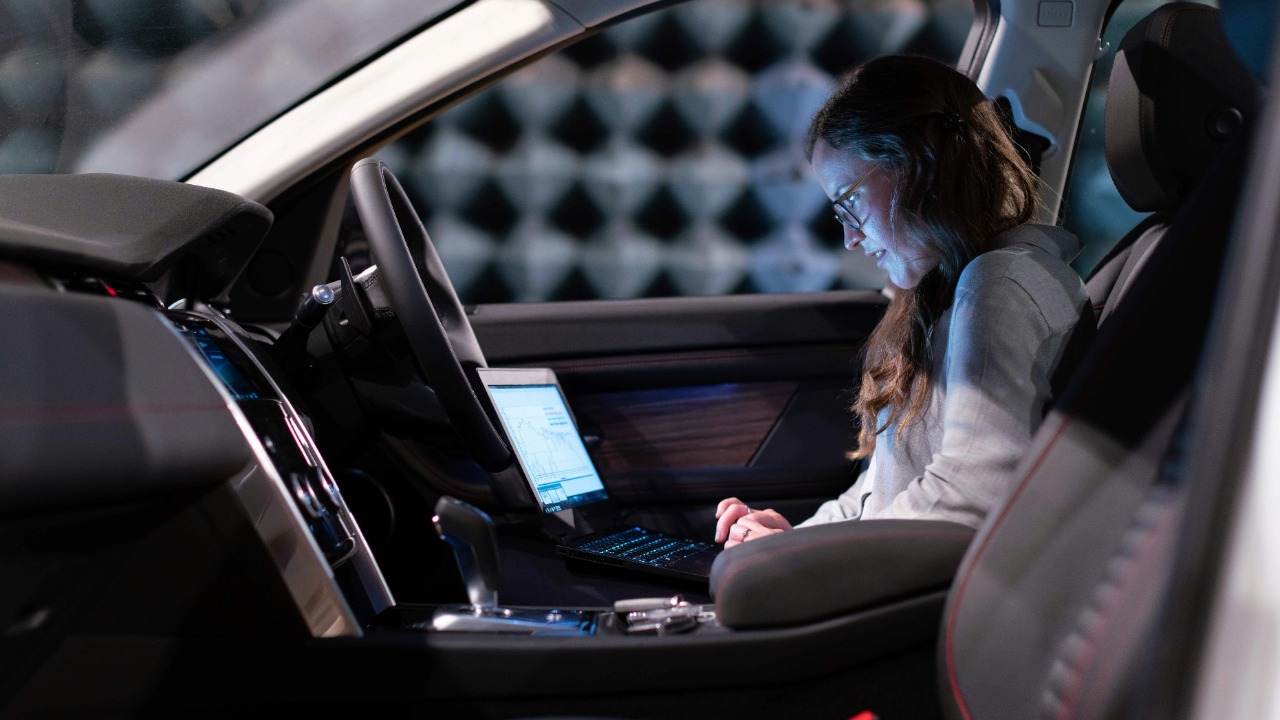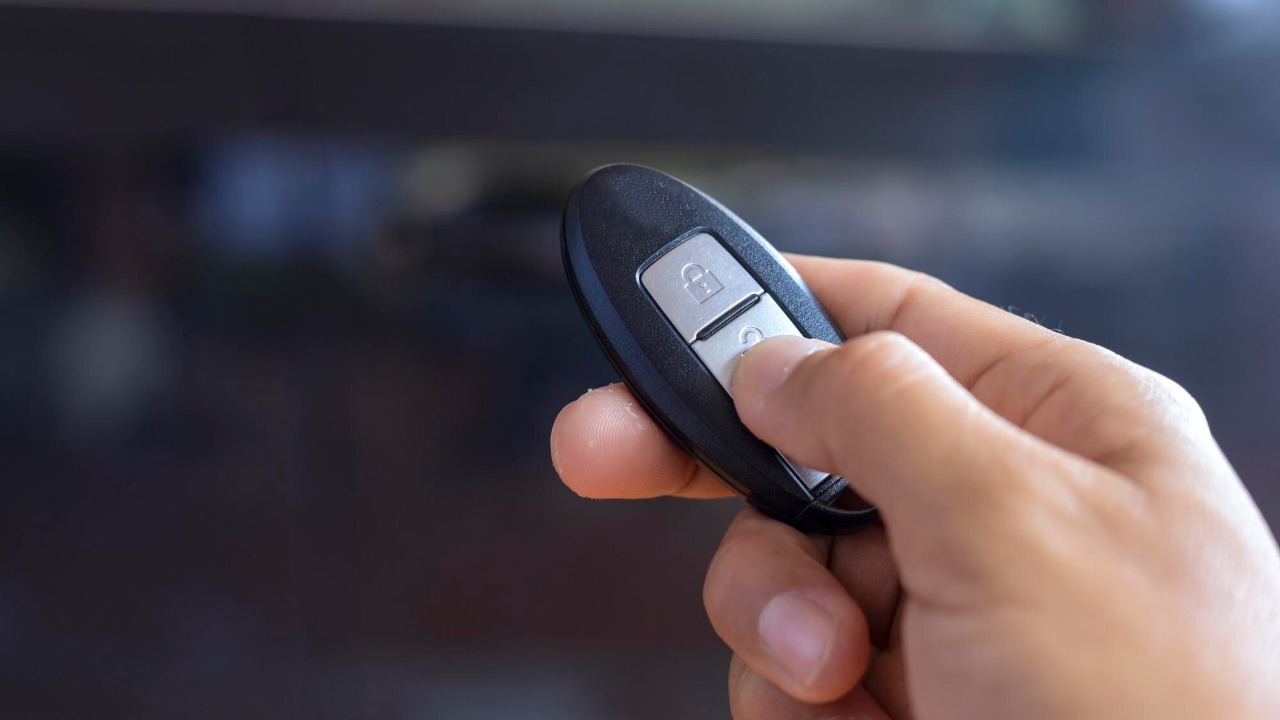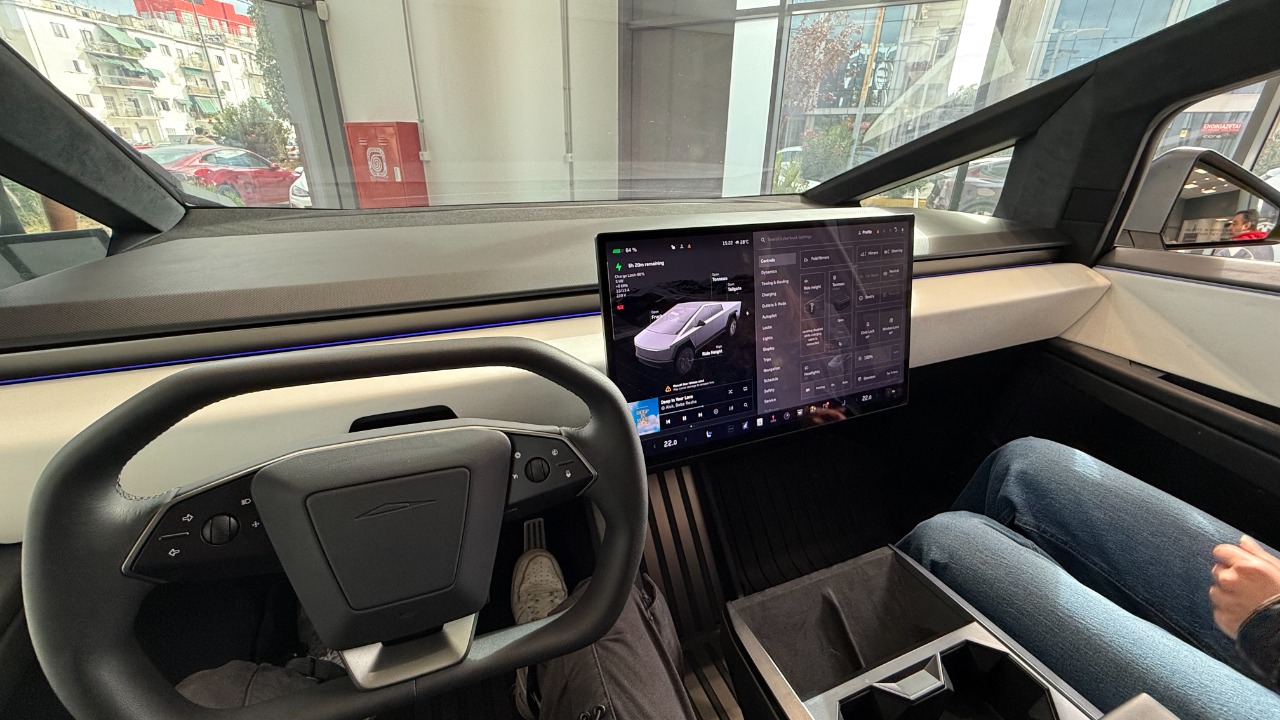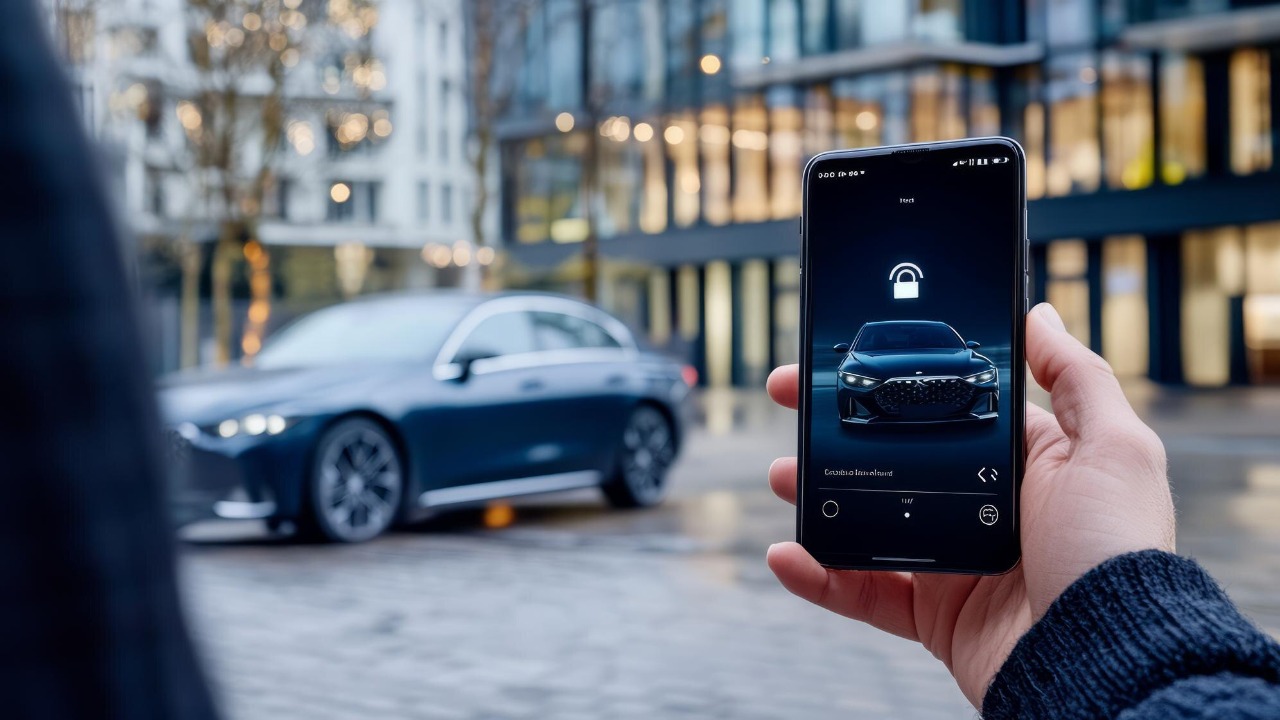As technology advances, so do the methods of cybercriminals, with smart car fobs becoming the latest target for cloning. Smart car fobs, designed for convenience, have inadvertently opened new avenues for theft and unauthorized access. Understanding the vulnerabilities associated with these devices and how to protect against emerging threats is crucial for vehicle owners and the automotive industry.
Understanding Smart Car Fobs and Their Vulnerabilities

Smart car fobs are a key component of modern convenience, enabling keyless entry and ignition systems through low-frequency signals and encrypted codes. These devices communicate wirelessly with the vehicle, allowing doors to be unlocked and engines to be started without inserting a traditional key. However, the reliance on wireless signals and digital codes makes them susceptible to various forms of cyberattacks.
The vulnerabilities of smart car fobs have become a growing concern. Criminals exploit weaknesses in the signal encryption and transmission mechanisms, enabling them to clone or intercept fob signals. A recent study highlighted the increase in car thefts linked to these vulnerabilities, noting a significant rise in incidents over the past few years. For instance, in 2023 alone, there was a 30% increase in vehicle thefts attributed to fob cloning attempts, according to a report by the National Insurance Crime Bureau.
Techniques Used in Cloning Smart Car Fobs

Signal interception and relay attacks are among the primary techniques employed by criminals to clone smart car fobs. These attacks involve capturing the fob’s signal and relaying it to the vehicle, effectively bypassing the security measures. This method allows thieves to unlock and start cars without the owner’s knowledge. In a high-profile case in New Jersey, criminals used relay attacks to steal luxury vehicles from driveways.
Another common method is code grabbing and rolling code exploitation. Here, hackers capture the codes sent between the fob and the vehicle, exploiting weaknesses in the rolling code systems used to ensure security. This vulnerability was demonstrated in an IEEE study, which showed how certain fob models could be compromised using relatively simple electronic devices. Case studies reveal instances where luxury cars, such as the BMW X5 and Mercedes-Benz C-Class, were stolen using cloned fobs.
Implications for Vehicle Owners and the Automotive Industry

The vulnerabilities of smart fobs significantly undermine vehicle security systems. For vehicle owners, this means a heightened risk of theft and potential loss of valuable personal items within their cars. The economic consequences are also considerable, with increased insurance premiums and potential loss of no-claims bonuses. According to a recent article, insurance companies have reported a sharp rise in claims related to fob cloning incidents.
In response to these threats, the automotive industry is investing in innovations to counteract fob vulnerabilities. Manufacturers are developing more secure encryption methods and exploring biometric technologies to enhance security. Companies like Tesla and BMW are leading the charge by implementing advanced security measures, such as smartphone-based access systems and encrypted fobs, to prevent unauthorized entry.
How to Protect Yourself Against Fob Cloning

Recognizing the signs of potential fob cloning is the first step in protecting yourself. Suspicious activity around your vehicle, such as individuals lingering near your car or unexplained unlocking, could indicate a cloning attempt. According to Mr. Key’s guide, using signal-blocking pouches or Faraday cases is an effective way to prevent signal interception.
Practical measures can further safeguard your vehicle. Keeping your fob in a secure location, away from doors and windows, reduces the chance of signal interception. Additionally, updating your security systems and considering the use of encrypted fobs and app-based alerts can enhance security. Advanced solutions, such as the use of smartphone apps for remote locking and unlocking, provide an extra layer of protection.
Future Trends in Car Security and Fob Technology

Emerging technologies are set to redefine vehicle security, focusing on enhancing protection against fob cloning. Innovations such as biometric authentication, which requires fingerprint or facial recognition, are being integrated into new car models. These technologies promise to offer a higher level of security by ensuring that only authorized users can access the vehicle.
Legislation and standards play a crucial role in shaping the future of car security. There is a growing call for regulatory measures to ensure that manufacturers adhere to stringent security standards to protect consumers. As the landscape of car security evolves, we can expect a shift towards more integrated and robust systems that leverage both technology and policy to combat the ever-evolving tactics of cybercriminals.